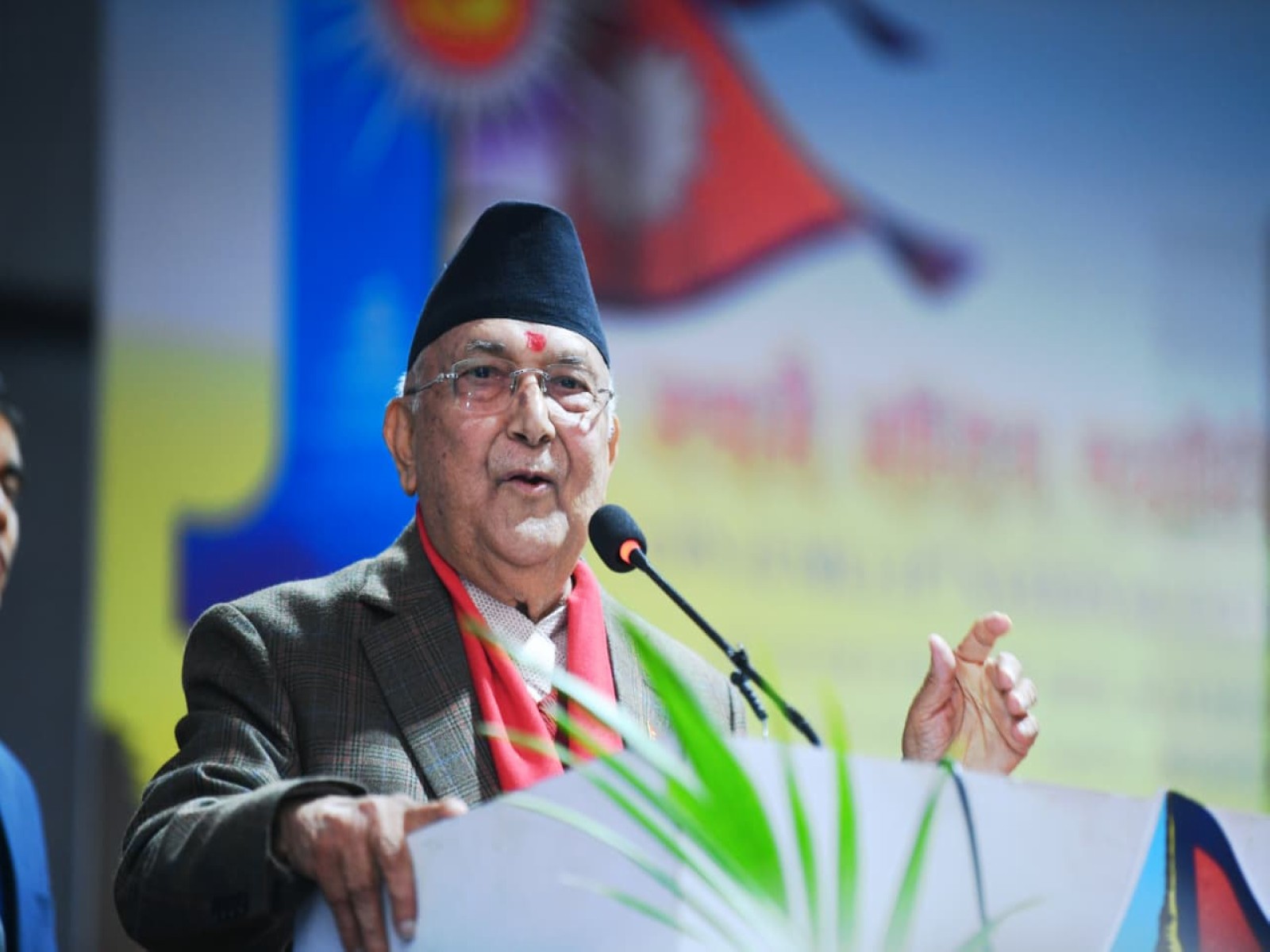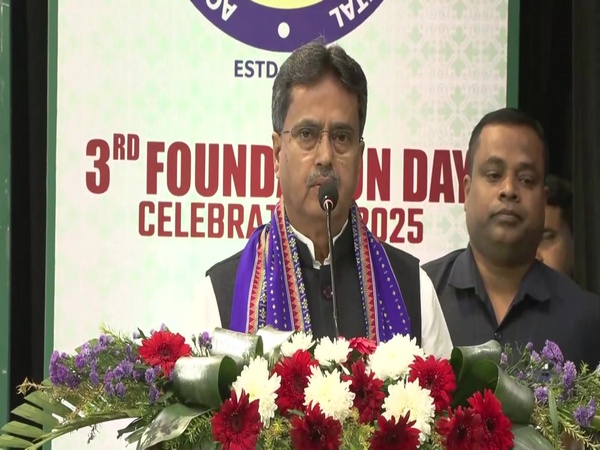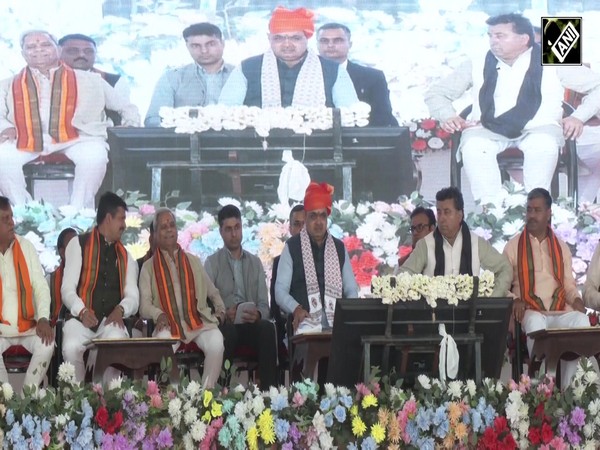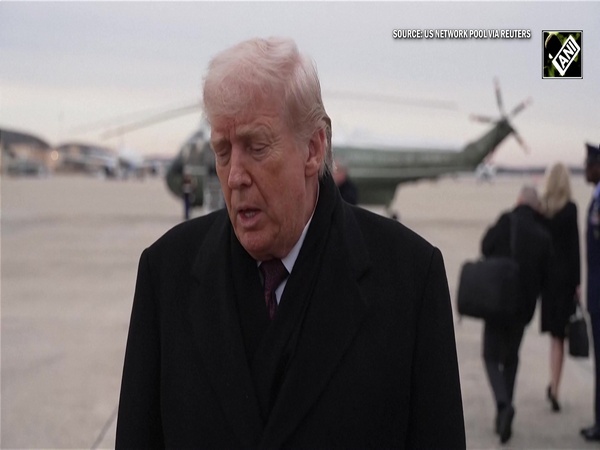Scottish delegation visits Tibetan Parliament-in-Exile, reaffirms support for Tibetan cause
Apr 03, 2025

Dharamshala [India] April 3 : Ross John Greer MSP, the Chair of the Scottish Cross-Party Group for Tibet, along with Eleanor Jane Byrne-Rosengren, a Human Rights Professional, and Cameron E William Garrett, the Research and Policy Officer for the Scottish Green Group, paid a visit to the Tibetan Parliament-in-Exile on April 3, as reported by the Central Tibet Administration (CTA).
The group met with Speaker Khenpo Sonam Tenphel and members of the Standing Committee. They were joined by Representative Tsering Yangkyi from the Office of Tibet in London, according to the CTA.
Upon their arrival, the Speaker welcomed the visiting delegation, recalling a past meeting with MSP Greer during his trip to Scotland. He expressed appreciation for the hospitality shown by MSP Greer. The Speaker noted that their visit to the Central Tibetan Administration (CTA) offered a unique chance to witness the democratic operations of the Tibetan Parliament-in-Exile, as stated in the CTA report.
The Speaker also pointed out the increased restrictions in Tibet during March, particularly on Tibetan National Uprising Day, which falls on March 10. He strongly condemned the White Paper released by China's State Council Information Office on March 28, as noted in the CTA report.
The CTA's report drew attention to the document, which claimed Chinese control over the reincarnation of Tibetan lamas, promoted "development in Tibet," and accused the "Dalai clique" as well as Western countries of conspiring to detach Tibet from China. The Speaker denounced these assertions as falsehoods and a deliberate attempt to incite division.
In conclusion, the Speaker expressed gratitude to the delegation for their ongoing support of the Tibetan cause and urged them to continue their advocacy, as reiterated by the CTA.
The Tibet-China conflict arises from the political situation surrounding Tibet and China's governance of the region. Historically, Tibet was an independent entity but became part of China in 1951 following military occupation.
Tibetans, led by the Dalai Lama, have been advocating for increased autonomy and the protection of their cultural, religious, and political rights. Conversely, the Chinese government considers Tibet an integral part of its territory. This conflict has resulted in protests, suppression of culture, and persistent tensions regarding human rights and autonomy.



















